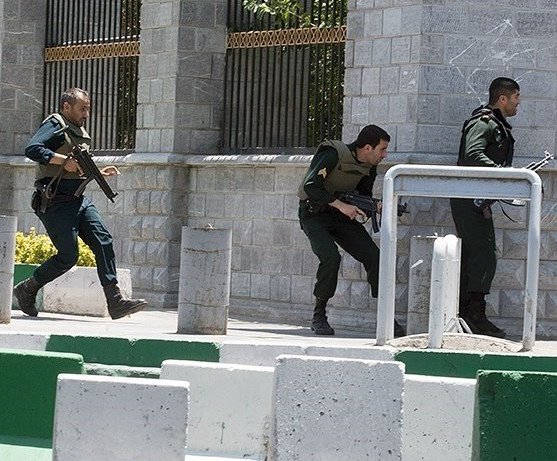2026 Autumn Budget event industry asks, event inclusion, and more
This month’s news highlights industry 2026 Autumn Budget asks, an industry driven by growth, accountability and inclusion. From economic gains to new standards and support...

A recent industry report has looked at the effect of terrorism in cities where incidents have taken place as well as the impact on other destinations.
In the week following the March 2016 bombings in Brussels, occupancy rates in London fell by 24% and in Paris by 15%. The longer-term impact of the attacks in London and Manchester remain to be seen, the indications for May and June 2017 show that it has been less significant than expected. In the first week after the London Bridge attack, flight bookings from overseas travellers were down by 12% compared with the previous year. The following week this dropped to just 5%. After a small dip from 6-9 June, London’s hotel market was quick to recover.
Paris and Brussels suffered far more than London and Manchester, following the attacks in November 2015 and March 2016. Paris had 1 million fewer visitors in the first half of 2016 compared with the previous year. Hotels in Paris recorded a decline revenue in every month following the attack until December 2016. Brussels suffered a severe decline in the summer of 2016, although it did recover later in the year.
Recent currency movements appear to have helped the UK with the weaker pound increasing foreign visitors to the UK in 2017. It appears that although performance of hotels in Manchester and London can suffer because of global political insecurity, they are sufficiently robust that these one-off incidents only caused a small set back to an otherwise strong performance.